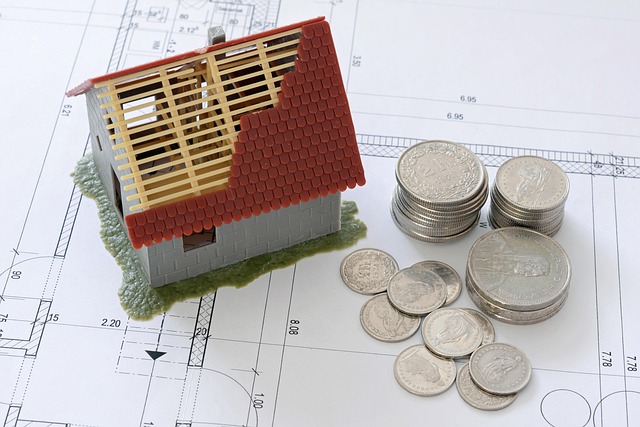Determining Your Home's Value: A Comprehensive Guide
Understanding the value of your home is crucial for various financial decisions, from securing a mortgage to planning renovations or selling your property. This guide explores the methods and tools available to help you accurately assess your home's worth.

How can I find the value of my home?
Determining your home’s value can be approached in several ways. One of the most common methods is to use online valuation tools, which use publicly available data and algorithms to estimate your property’s worth. These tools can provide a quick ballpark figure, but they may not account for recent renovations or unique features of your home.
Another approach is to research comparable sales in your area. Look for properties similar to yours in size, age, and location that have sold recently. This method can give you a good idea of what buyers are willing to pay for homes like yours in the current market.
For a more accurate assessment, you might consider hiring a professional appraiser. Appraisers use their expertise and knowledge of the local market to provide a detailed valuation of your property, taking into account factors that automated tools might miss.
What factors influence property valuation?
Several key factors can significantly impact the value of your home. Location is often considered the most important, as it affects everything from school quality to proximity to amenities and job opportunities. The size and layout of your home, including the number of bedrooms and bathrooms, also play a crucial role in determining its value.
The age and condition of your property are equally important. Well-maintained homes with recent updates or renovations typically command higher prices than those in need of repair. Unique features such as a pool, a large garden, or exceptional views can also add value to your property.
Market conditions are another critical factor. In a seller’s market with high demand and low supply, home values tend to increase. Conversely, in a buyer’s market, prices may stagnate or even decrease.
How does artificial intelligence contribute to real estate valuation?
Artificial intelligence (AI) is revolutionizing the way real estate valuations are conducted. AI-powered valuation tools can analyze vast amounts of data much faster than traditional methods, including property characteristics, historical sales data, and even local economic indicators.
These advanced algorithms can identify patterns and trends that might not be apparent to human appraisers, potentially leading to more accurate valuations. AI can also factor in subtle influences on property value, such as proximity to public transportation or changes in neighborhood demographics.
However, it’s important to note that while AI can provide valuable insights, it’s not infallible. The accuracy of AI valuations depends heavily on the quality and quantity of data available, and they may not fully capture unique or intangible aspects of a property that a human appraiser would notice.
What online tools can I use to check my home value?
There are several online tools available for checking your home’s value. Some popular options include:
| Tool | Provider | Key Features |
|---|---|---|
| Zillow Zestimate | Zillow | Instant estimates, historical value trends |
| Redfin Estimate | Redfin | AI-powered valuation, comparable sales data |
| Realtor.com Home Value | Realtor.com | Multiple estimate sources, local market insights |
| Eppraisal | Eppraisal.com | Combines public records with user input |
| Chase Home Value Estimator | Chase Bank | Uses local market data and recent sales |
Prices, rates, or cost estimates mentioned in this article are based on the latest available information but may change over time. Independent research is advised before making financial decisions.
It’s important to remember that these online tools provide estimates, not definitive valuations. For the most accurate assessment, it’s advisable to consult with a local real estate professional or appraiser who can provide a more detailed analysis based on current market conditions and your specific property features.
Why is accurately valuing your property important?
Accurately valuing your property is crucial for several reasons. If you’re considering selling, a realistic valuation helps you price your home competitively, potentially leading to a quicker sale and maximizing your return. For homeowners not looking to sell, understanding your home’s value is essential for making informed decisions about refinancing, home equity loans, or insurance coverage.
An accurate valuation can also help you make strategic decisions about home improvements. By understanding which renovations are likely to add the most value to your property, you can prioritize your investments and avoid over-improving for your neighborhood.
Moreover, having a clear understanding of your home’s value is important for tax purposes. Property taxes are based on the assessed value of your home, and if you believe your property has been overvalued, you may be able to appeal the assessment and potentially lower your tax bill.
In conclusion, determining your home’s value involves considering multiple factors and utilizing various tools and resources. While online valuation tools and AI-powered estimates can provide quick insights, consulting with local real estate professionals remains invaluable for obtaining the most accurate and comprehensive assessment of your property’s worth.




